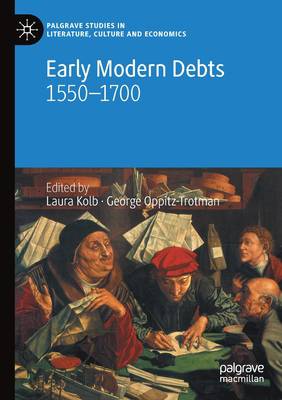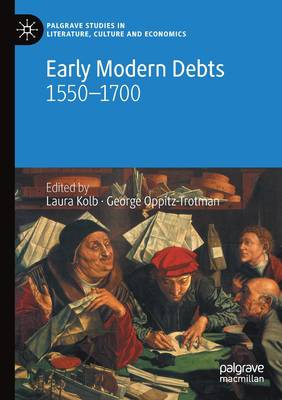
- Retrait gratuit dans votre magasin Club
- 7.000.000 titres dans notre catalogue
- Payer en toute sécurité
- Toujours un magasin près de chez vous
- Retrait gratuit dans votre magasin Club
- 7.000.0000 titres dans notre catalogue
- Payer en toute sécurité
- Toujours un magasin près de chez vous
Early Modern Debts
1550-1700
Description
Early Modern Debts: 1550-1700 makes an important contribution to the history of debt and credit in Europe, creating new transnational and interdisciplinary perspectives on problems of debt, credit, trust, interest, and investment in early modern societies. The collection includes essays by leading international scholars and early career researchers in the fields of economic and social history, legal history, literary criticism, and philosophy on such subjects as trust and belief; risk; institutional history; colonialism; personhood; interiority; rhetorical invention; amicable language; ethnicity and credit; household economics; service; and the history of comedy. Across the collection, the book reveals debt's ubiquity in life and literature. It considers debt's function as a tie between the individual and the larger group and the ways in which debts structured the home, urban life, legal systems, and linguistic and literary forms.
Spécifications
Parties prenantes
- Editeur:
Contenu
- Nombre de pages :
- 416
- Langue:
- Anglais
- Collection :
Caractéristiques
- EAN:
- 9783030597719
- Date de parution :
- 02-12-21
- Format:
- Livre broché
- Format numérique:
- Trade paperback (VS)
- Dimensions :
- 148 mm x 210 mm
- Poids :
- 512 g

Les avis
Nous publions uniquement les avis qui respectent les conditions requises. Consultez nos conditions pour les avis.





